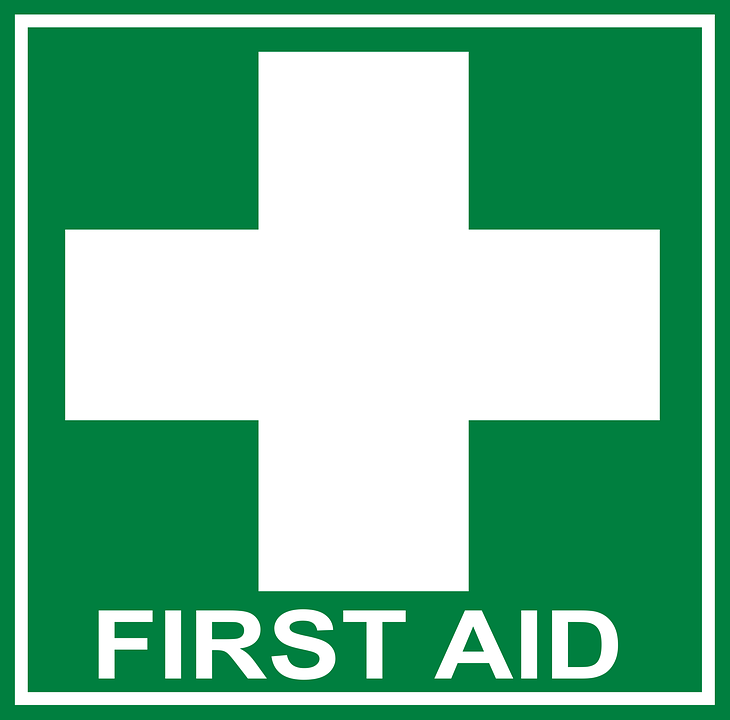
Enhancing Outcomes in Out-of-Hospital Cardiac Arrest through CPR Training and Simulation in Northern Rivers, NSW
Enhancing Outcomes in Out-of-Hospital Cardiac Arrest through CPR Training and Simulation in Northern Rivers, NSW
Out-of-hospital cardiac arrest (OHCA) is a critical medical emergency requiring prompt and effective intervention to improve outcomes. Cardiopulmonary resuscitation (CPR) training, particularly with the aid of training manikins simulating blood flow, plays a crucial role in equipping students in the Northern Rivers region of New South Wales (NSW) with the skills needed to maintain cerebral perfusion during cardiac arrest incidents.
CPR Training Courses in Northern Rivers: In towns such as Ballina, Grafton, Byron Bay, Lismore, Casino, Evans Head, Mullumbimby, Yamba, Maclean, and throughout the North Coast or Northern Rivers region of NSW, CPR training courses are readily available. A quick search using relevant keywords like “CPR training Ballina” or “First aid courses Northern Rivers” will yield numerous options for individuals looking to acquire life-saving CPR skills.
Simulating Blood Flow to the Head: CPR manikins used in training courses are designed to closely mimic human anatomy and physiology. The inclusion of features that simulate blood flow to the head is particularly important. When a person experiences cardiac arrest, blood circulation to vital organs, including the brain, ceases. CPR aims to restore blood flow and prevent brain damage.
The training manikins used by us in local training are equipped with mechanisms that replicate blood circulation, allowing trainees to practice chest compressions and rescue breaths effectively. This simulation helps in understanding the pressure and rhythm required to maintain blood flow to the brain, preparing paramedics to deliver high-quality CPR in real-life emergencies.
Benefits of Simulated Blood Flow Training:
Muscle Memory Development: The repetitive practice on manikins helps students develop muscle memory, ensuring that they can perform CPR efficiently and effectively in high-stress situations.
Realistic Scenario Simulation: Simulating blood flow to the head provides a more realistic training scenario, allowing paramedics to better grasp the urgency and intensity of performing CPR during an actual cardiac arrest.
Feedback and Evaluation: Many modern training manikins come equipped with feedback mechanisms, allowing instructors to assess the quality of chest compressions and rescue breaths. This feedback loop enhances the learning process and helps paramedics refine their techniques.
Team Coordination: In a real-life cardiac arrest situation, paramedics often work in teams. Simulation training with blood flow replication enables teams to practice and improve coordination, ensuring seamless transitions between different roles during resuscitation efforts.
Paramedic Training in the Northern Rivers Region: Paramedics in the Northern Rivers region undergo comprehensive training programs that include CPR simulations with manikins. The towns of Ballina, Grafton, Byron Bay, Lismore, Casino, Evans Head, Mullumbimby, Yamba, Maclean, and others contribute to the well-trained community in the region.
Impact on Outcomes: The incorporation of simulated blood flow training into CPR courses has the potential to significantly impact outcomes in out-of-hospital cardiac arrest cases. By ensuring that bystanders are well-prepared and confident in their CPR skills, lives can be saved, and the chances of neurological damage can be minimised.
Reduced Response Time: Well-trained paramedics in the Northern Rivers region are equipped to respond rapidly to cardiac arrest incidents. Their ability to initiate CPR promptly increases the likelihood of restoring circulation and improving patient outcomes.
Improved Quality of CPR: Simulation training enhances the quality of CPR delivered by students. Effective chest compressions and proper ventilation are critical factors in maintaining blood flow to the brain, and the training received in the Northern Rivers region ensures that these skills are honed.
Increased Survival Rates: Timely and effective CPR significantly increases the chances of survival following cardiac arrest. The combination of prompt paramedic response and well-practiced local CPR courses and skills contributes to higher survival rates in the Northern Rivers region.
CPR training courses utilising manikins that simulate blood flow to the head play a vital role in preparing paramedics in the Northern Rivers region to handle out-of-hospital cardiac arrest cases effectively. Through realistic simulations, muscle memory development, and continuous feedback, students are equipped to provide high-quality CPR, ultimately improving outcomes for individuals experiencing cardiac emergencies in towns like Ballina, Grafton, Byron Bay, Lismore, Casino, Evans Head, Mullumbimby, Yamba, Maclean, and across the broader North Coast or Northern Rivers region of NSW. As technology and training methodologies continue to advance, the region remains committed to staying at the forefront of emergency medical response, ensuring the well-being of its communities.
